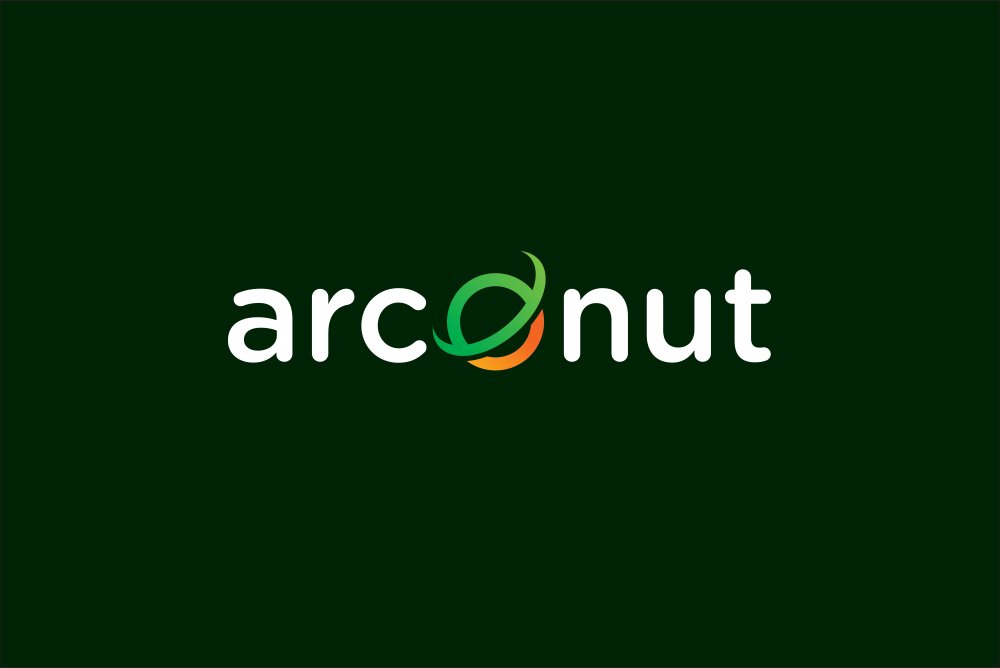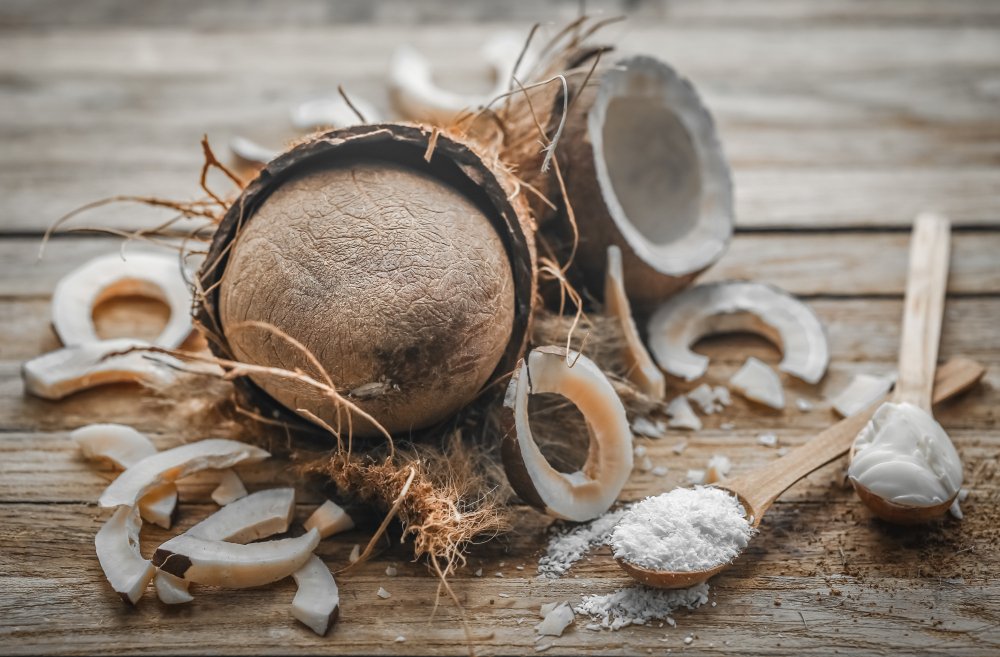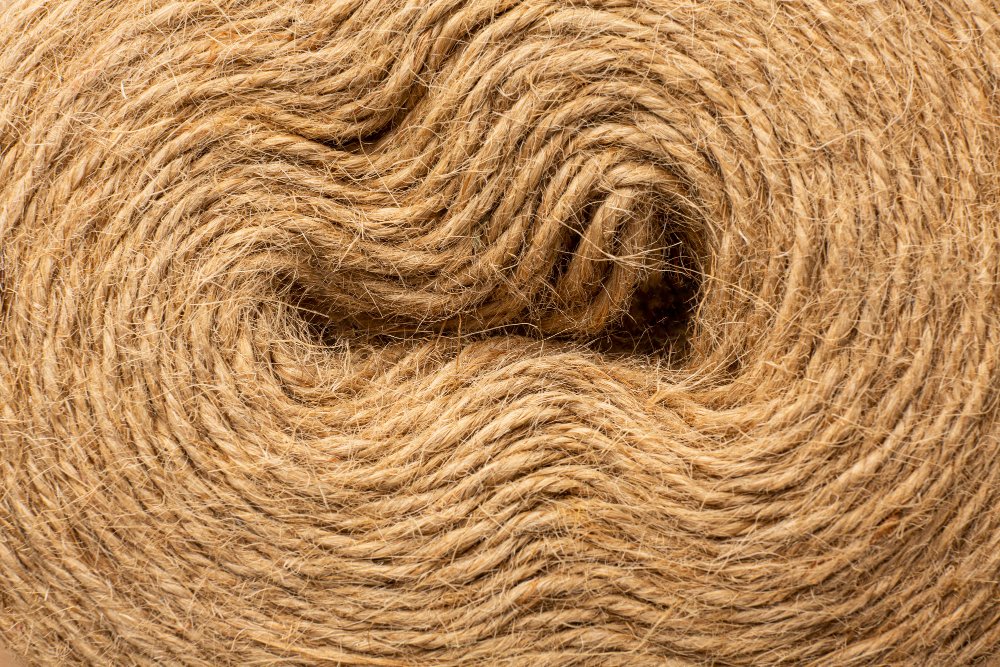Our planet is drowning in plastic waste, a stark reality demanding urgent action. The packaging industry, a significant contributor to this environmental crisis, needs a radical shift towards sustainability. Fortunately, innovative alternatives are emerging, offering a path towards a greener future. Among these promising solutions, coconut fiber, or coir, stands out as a remarkably versatile and eco-friendly material for packaging, offering a compelling alternative to conventional, environmentally damaging options. This article explores the importance of sustainable packaging and highlights the remarkable potential of coconut fiber in creating a more responsible and resilient packaging industry.
Embrace Eco-Friendly Packaging
The environmental impact of traditional packaging materials is undeniable. Mountains of plastic waste clog landfills, pollute our oceans, and release harmful greenhouse gases. The extraction and processing of materials like paper and cardboard also contribute to deforestation and water pollution. Beyond the environmental cost, consumers are increasingly demanding eco-conscious products, recognizing the link between their purchasing decisions and planetary health. Businesses that fail to adapt to this growing demand risk losing market share and damaging their brand reputation. Choosing sustainable packaging is not merely an ethical choice; it’s a smart business strategy, aligning with consumer preferences and contributing to a healthier planet. It’s about creating a future where businesses thrive while minimizing their ecological footprint.
Choosing sustainable packaging also offers a unique opportunity for businesses to enhance their brand image. Consumers are more likely to support companies demonstrating a commitment to environmental responsibility. Highlighting the eco-friendly nature of your packaging through clear labeling and marketing can attract environmentally conscious customers and foster brand loyalty. This positive association with sustainability can translate into increased sales and a stronger competitive advantage in a market increasingly driven by ethical considerations. It’s a win-win situation: a healthier planet and a healthier bottom line.
Furthermore, embracing eco-friendly packaging demonstrates corporate social responsibility. It showcases a commitment to minimizing the negative impact of business operations on the environment and local communities. This commitment can attract investors who prioritize ESG (Environmental, Social, and Governance) factors, leading to increased access to capital. Beyond financial benefits, it contributes to a positive social impact by reducing pollution and promoting sustainable practices throughout the supply chain. This holistic approach is crucial for building a more sustainable and equitable future.
Finally, the transition to sustainable packaging can drive innovation and create new economic opportunities. The development and adoption of eco-friendly materials and technologies stimulate economic growth, creating jobs in manufacturing, processing, and recycling. This shift fosters a circular economy, where waste is minimized and resources are used efficiently. This transition is not only environmentally beneficial but also economically advantageous, paving the way for a more sustainable and prosperous future.
Coconut Fiber: A Natural Choice
Coconut fiber, or coir, is a remarkable natural resource derived from the husk of coconuts. Unlike many synthetic materials, coir is entirely biodegradable and compostable, minimizing its environmental impact. Its production process is relatively low-impact compared to synthetic alternatives, reducing reliance on fossil fuels and harmful chemicals. This natural origin makes coir a truly sustainable choice for packaging, aligning perfectly with the growing demand for eco-friendly products.
Coir possesses exceptional strength and durability, making it a suitable substitute for many conventional packaging materials. Its robust fibers can withstand significant stress, ensuring the safe transportation and protection of goods. This strength, coupled with its natural flexibility, allows coir to be molded into various shapes and sizes, catering to a wide range of packaging needs. From cushioning delicate items to protecting heavier goods, coir’s versatility makes it a highly adaptable packaging solution.
Beyond its strength and versatility, coir offers excellent moisture absorption properties. This characteristic is particularly beneficial for packaging products sensitive to humidity, preventing damage and maintaining product quality. This natural moisture regulation can extend the shelf life of certain goods, reducing waste and promoting efficient resource management. This added benefit further underscores the value proposition of coir as a sustainable and effective packaging material.
Moreover, the use of coconut fiber promotes sustainable agriculture and provides economic opportunities in coconut-producing regions. By utilizing this readily available natural resource, we support local communities and foster sustainable agricultural practices. This supports a circular economy, reducing waste and creating value from a byproduct that would otherwise be discarded. Choosing coir as a packaging material directly contributes to the economic well-being of these communities.
Sustainable Solutions, Lasting Impact
Switching to coconut fiber packaging offers a multitude of environmental benefits. By reducing our reliance on plastic and other non-biodegradable materials, we significantly decrease landfill waste and pollution. The biodegradable nature of coir allows it to decompose naturally, enriching the soil and minimizing its environmental footprint. This contrasts sharply with the persistent pollution caused by plastic and other synthetic materials, which can take hundreds of years to break down.
The use of coir contributes to a reduction in greenhouse gas emissions. Unlike the energy-intensive production of many synthetic packaging materials, coir production has a significantly lower carbon footprint. This reduction in emissions helps mitigate climate change and contributes to a more sustainable future. This environmental advantage further strengthens the argument for prioritizing coir in packaging solutions.
Furthermore, transitioning to coir packaging supports sustainable forestry practices. Unlike paper-based packaging, which often contributes to deforestation, coir utilizes a readily available agricultural byproduct, minimizing the demand for new tree harvesting. This preservation of forests helps maintain biodiversity and supports the long-term health of our ecosystems. This indirect positive impact underscores the holistic sustainability of coir as a packaging material.
In addition to its direct environmental benefits, the adoption of coir packaging fosters a more circular economy. The use of a readily renewable resource, coupled with its biodegradability, reduces the need for extensive recycling infrastructure. This creates a more efficient and sustainable system, minimizing waste and maximizing resource utilization. This circular approach is crucial for building a truly sustainable future.
Reduce, Reuse, Renew with Coir
The versatility of coconut fiber allows for innovative packaging solutions that promote the principles of reduce, reuse, and renew. The inherent strength and durability of coir enables the creation of reusable packaging, reducing the need for single-use alternatives. This reusable aspect significantly minimizes waste and contributes to a more circular economy.
Coir packaging can be designed for easy composting or biodegradation at the end of its life cycle. This eliminates the need for complex and energy-intensive recycling processes, further reducing its environmental impact. This ease of decomposition also enriches the soil, contributing to a healthier environment. This natural decomposition process is a key advantage over many synthetic materials.
Moreover, the potential for innovation in coir packaging is vast. Through research and development, we can explore new ways to enhance the properties of coir, creating even more sustainable and efficient packaging solutions. This ongoing innovation will further solidify coir’s position as a leading eco-friendly packaging material.
Finally, embracing coir packaging is a call to action, encouraging a shift towards responsible consumption and production. By choosing coir, consumers and businesses alike can actively participate in creating a more sustainable future. It’s a small change with a significant impact, promoting environmental stewardship and fostering a healthier planet.
The transition to sustainable packaging is not merely a trend; it’s a necessity. Coconut fiber presents a compelling solution, offering a readily available, biodegradable, and versatile alternative to environmentally damaging materials. By embracing coir and prioritizing sustainable practices, we can reduce our environmental impact, support local communities, and create a healthier planet for future generations. The time for action is now, and coconut fiber provides a pathway towards a more sustainable and responsible packaging industry.


